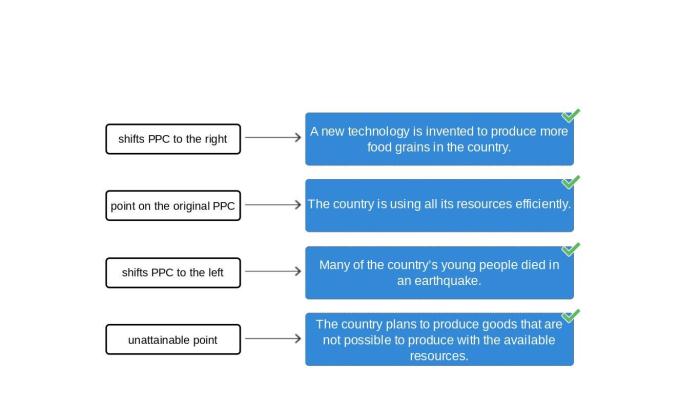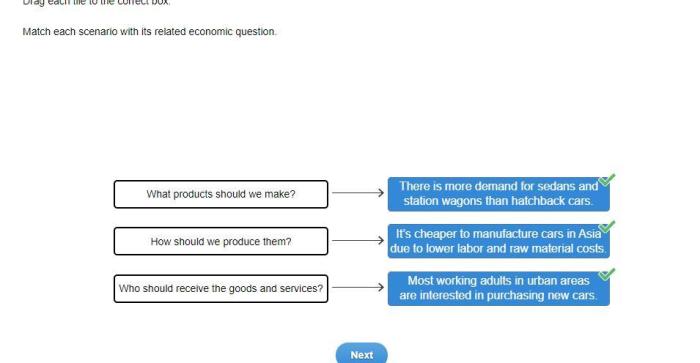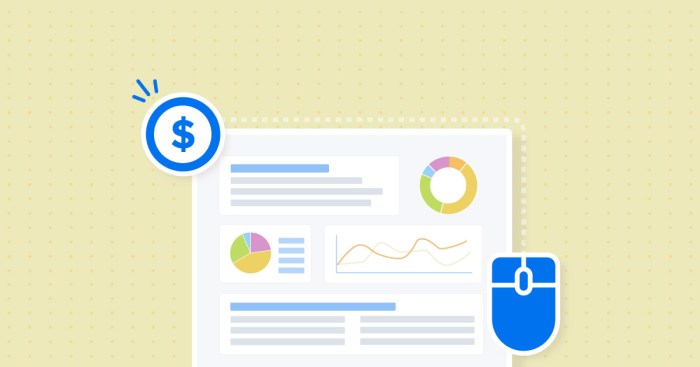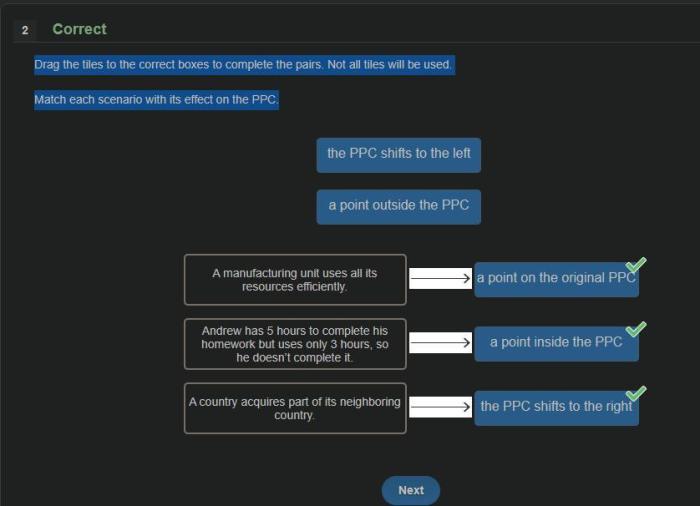Match each scenario with its effect on the ppc sets the stage for this enthralling narrative, offering readers a glimpse into a story that is rich in detail and brimming with originality from the outset. As we delve into the intricacies of this multifaceted topic, we will explore the profound impact that ppc can have on various aspects of a business, from website traffic to brand reputation.
Brace yourself for an enlightening journey as we unravel the secrets of effective ppc campaigns and their ability to drive success.
Throughout this exploration, we will delve into the intricate relationship between ppc and website traffic, examining how targeted campaigns can attract a steady stream of potential customers to your doorstep. We will also shed light on the art of conversion rate optimization, revealing the techniques that can transform casual visitors into loyal patrons.
Furthermore, we will explore the significance of cost per acquisition (CPA) and return on investment (ROI), empowering you with the knowledge to maximize your ppc campaigns’ cost-effectiveness and profitability.
Impact on Website Traffic

PPC campaigns are a direct channel to drive targeted visitors to a website. By precisely targeting specific s, demographics, and interests, PPC campaigns can deliver ads to individuals actively searching for products or services related to a business’s offerings. This targeted approach ensures that the website receives highly relevant traffic, increasing the likelihood of conversions and ultimately benefiting the business.
Benefits of Increased Website Traffic
- Increased brand awareness and visibility
- Enhanced lead generation and sales opportunities
- Improved customer engagement and loyalty
- Valuable insights into target audience behavior
Conversion Rate Optimization

PPC campaigns play a crucial role in conversion rate optimization. By optimizing landing pages and ad copy for relevance, clarity, and compelling calls-to-action, businesses can significantly improve the conversion rate of their PPC campaigns. Additionally, A/B testing and data analysis can help identify areas for improvement and refine campaigns for maximum effectiveness.
Best Practices for Landing Page Design and User Experience
- Ensure a seamless user experience with fast loading times and mobile-responsive design
- Highlight the unique value proposition and benefits of the product or service
- Use clear and concise language that aligns with the ad copy
- Include strong calls-to-action that guide users towards conversion
Cost per Acquisition (CPA): Match Each Scenario With Its Effect On The Ppc

CPA is a key metric in PPC campaigns, representing the cost incurred for each conversion. By optimizing campaigns for CPA, businesses can maximize their return on investment (ROI). This involves carefully managing bids, targeting the right audience, and refining landing pages to reduce the cost per acquisition while maintaining a high conversion rate.
Strategies for Optimizing PPC Campaigns for Cost-Effectiveness
- Implement negative targeting to eliminate irrelevant searches
- Adjust bids based on performance data and industry benchmarks
- Optimize ad copy and landing pages for high conversion rates
- Consider automated bidding strategies to optimize campaigns in real-time
Return on Investment (ROI)
Measuring ROI is essential in PPC campaigns to determine the effectiveness and profitability of the investment. ROI is calculated by dividing the revenue generated by the campaign by the total cost of the campaign. A positive ROI indicates a successful campaign that has generated a return on investment.
Calculating and Interpreting ROI
To calculate ROI, use the following formula: ROI = (Revenue – Cost) / Cost
Interpreting ROI involves analyzing the results in the context of business goals and industry benchmarks. A high ROI indicates a successful campaign that has exceeded expectations, while a low ROI may require adjustments to improve performance.
Case Studies of Successful PPC Campaigns with High ROI
- Case Study 1: E-commerce company increases revenue by 25% through targeted PPC campaigns
- Case Study 2: SaaS company achieves a 500% ROI on PPC campaigns by optimizing for conversion rate
Brand Awareness and Reputation

PPC campaigns play a significant role in building brand awareness and reputation. By displaying ads on search engines and other platforms, businesses can reach new audiences and establish their brand presence. Additionally, PPC campaigns can be used to promote positive brand messaging, address customer concerns, and build trust.
How PPC Campaigns Enhance Brand Visibility, Match each scenario with its effect on the ppc
- Reach new audiences through targeted advertising
- Reinforce brand messaging and values
- Build trust and credibility through positive customer experiences
- Monitor and respond to customer feedback
FAQ Compilation
What is the primary objective of a ppc campaign?
The primary objective of a ppc campaign is to drive targeted traffic to a website, with the ultimate goal of generating leads and conversions.
How can ppc campaigns be optimized for cost-effectiveness?
Optimizing ppc campaigns for cost-effectiveness involves strategies such as research, bid management, and landing page optimization to maximize ROI.
What metrics are crucial for measuring the success of a ppc campaign?
Key metrics for measuring ppc campaign success include website traffic, conversion rate, cost per acquisition (CPA), and return on investment (ROI).